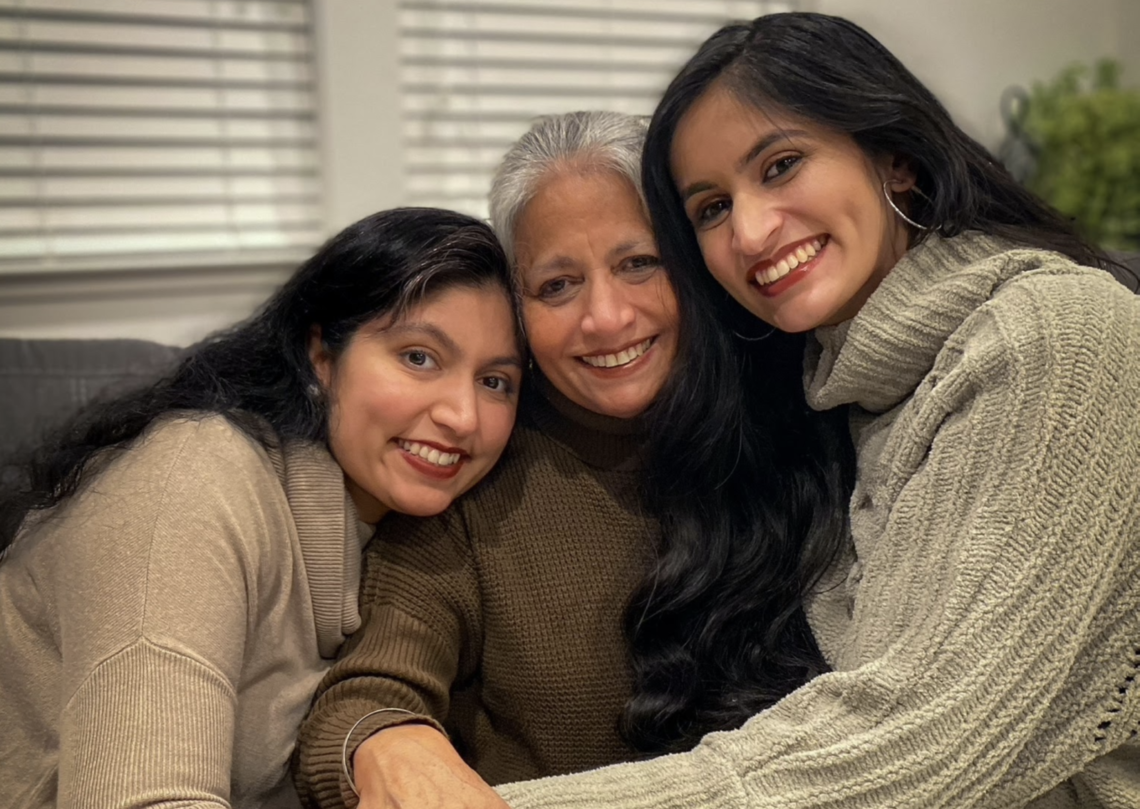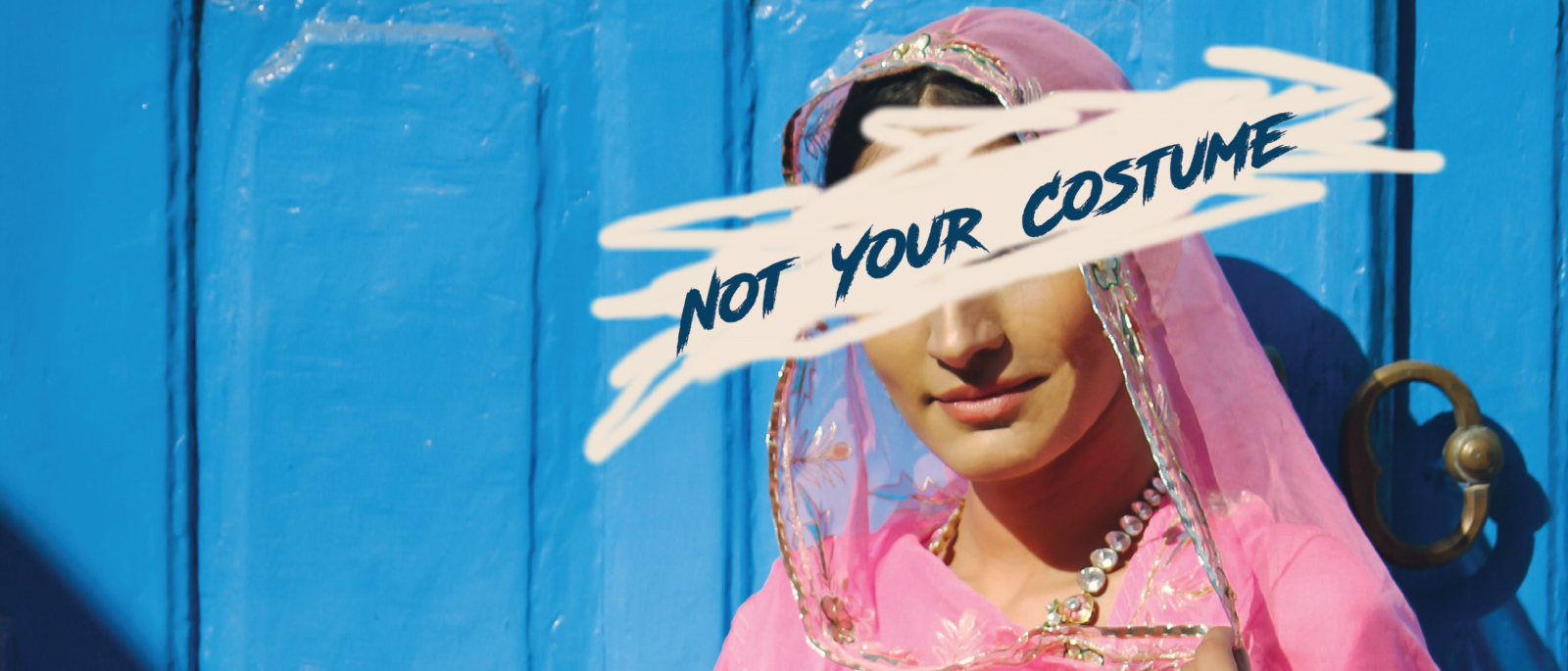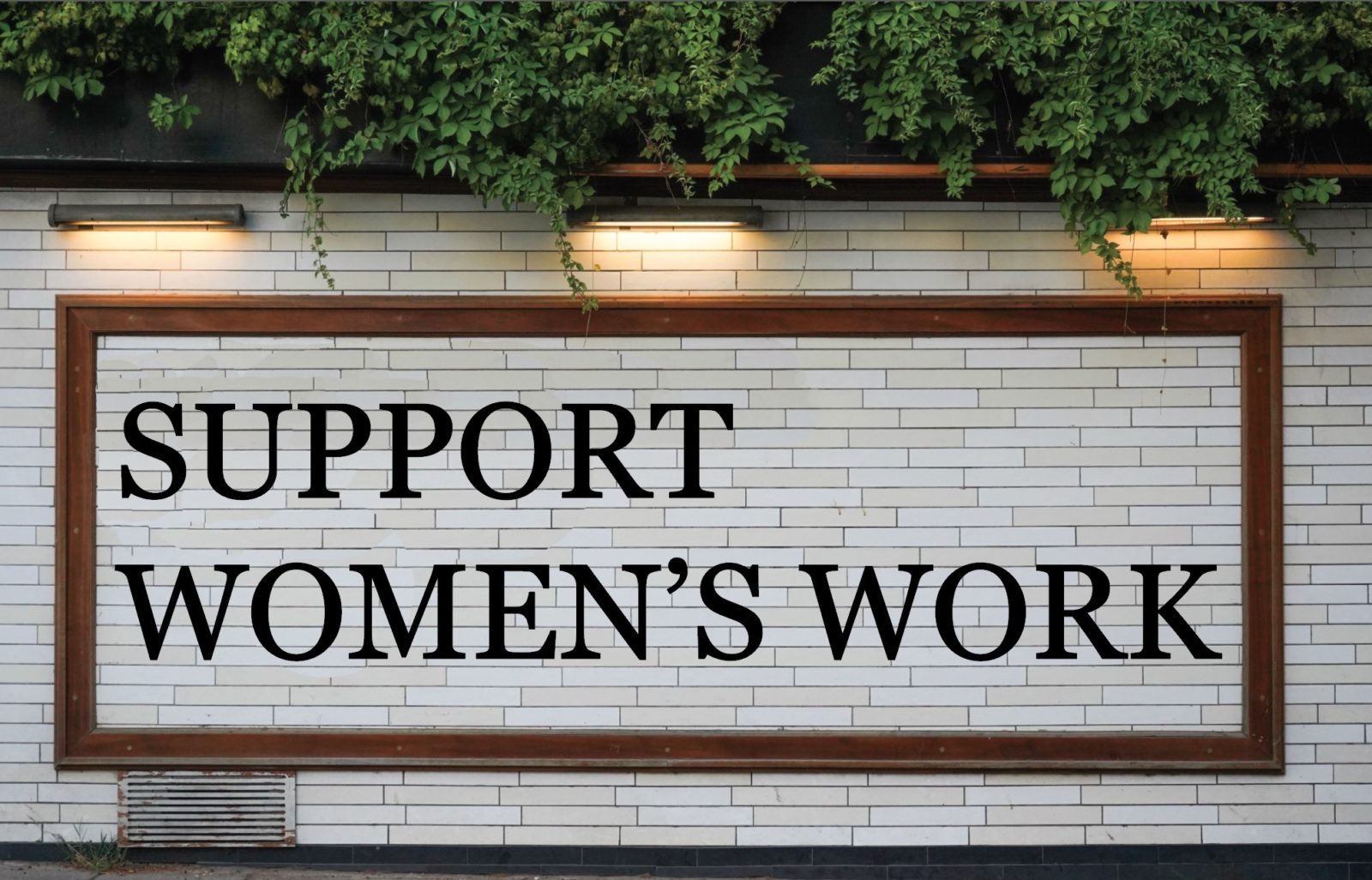By Sukhmani Kaur
Breaking the Shell of Silence: A Story of Family Resilience, Independence, and Triumph
The following article is a reflection on the author’s childhood, the abuse her father inflicted on her family, how Sikhi was her rock, and how she was able to move forward and heal. This is part two of a two part series. Be sure to read part one, “Lok Ki Kehnge? What Will People Say? A Story of Trauma”.
Trigger warning: Domestic violence and assault.
There’s No Word for Divorce in Punjabi
There’s no word for it in Punjabi…none in Hindi either – the bounds of the languages based on Sanskrit actually don’t acknowledge its existence. It’s interesting to discuss a phenomenon that your mother tongue doesn’t actually allow you to articulate. It’s a story that many live through, but no one is supposed to discuss. But it’s also the narrative that everyone loves to tell on your behalf – even without any of the facts. The closest word to articulate it is given to us by Arabic: talaq: divorce.
That word, that life experience, has been a very real reality for myself and my family. It was the thing my mother advised me to not announce to anyone who didn’t know when it first happened…and for several years after. But that didn’t stop those who did know, or who happened to find out, to make uninvited comments:
“Jad kurriyan da viyan da time aayega, te pher pata lagey ga.”
Translation: When it’s time to marry her girls off, then she’ll know the effects of her decision.
“Eh vi koi time si? Hun kurriyan vaddiyan hoiyaa ne, es ummar’ch aake bande nu chhad deyo.”
Translation: What kind of timing is this? Her girls are now grown, and at this age she’s chosen to leave her husband?
The beauty of these comments, and the various others that were made either to our faces or behind our backs over the years (and even today), was that none of these people who were so quick to state their judgment knew all of the energy, emotional turmoil, and attempts at remediation that led to finally making the decision my mother, and my family as a whole, did.
My Turbulent Childhood
Part one of this article discussed some, but not all, of the prominent incidents that created an incredibly turbulent childhood for my sister and me, and marriage for my mum. My mum had been dealing with abuse at the hands of her husband before my sister and I even came into the picture…and especially so, after we did. Being the mother to two daughters, while her jetth (husband’s older brother) and jetthani (husband’s older brother’s wife) were parents to a son, was only the beginning of the turbulence. Our gender led my mum to continuously fight for equal treatment of her daughters in a joint household. This took shape in her being locked out of her in-laws home in the snow in New York with two children in hand and being chastised for utilizing specific pots and pans because “Eh tere pyo de nahi haigey” (these are not your father’s pots and pans), by her father-in-law. Her in-laws never supported her with child care (even though they did for their grandson), so she had to give up her career as a computer programmer to find odd and end jobs that better accommodated her children.
These turbulent beginnings didn’t foreshadow a bright future for my mum with her husband, but she stayed strong through two moves from New York (USA) to New Hampshire (USA), and finally to California (USA) as her husband found new jobs, even though his pattern typically led to unemployment within a few months afterwards.
A Toxic Energy
Over the course of my entire childhood my father was probably employed for a collective handful of years. My mother juggled 3-4 jobs at any given point in time, still finding time to make home cooked food, check on our homework, be at our sporting events, chess tournaments, parent teacher conferences, award ceremonies, and everything in between. My father on the other hand, seldom even knew which class or even school we were in, despite his abundance of time in unemployment.
Around fifth or sixth grade, I’d given up on being the family mediator who brought everyone together – there was no point in trying to talk to someone who had no desire to change. After resigning from this family role, I stopped speaking to my father except when absolutely necessary. Any information he got about our lives was typically from overhearing conversations we would have at keertans or at Gurdwaras with other aunties and uncles who asked about what we were up to.
My sister had given up speaking to my father well before I had and eventually my mum stopped expecting for much to change. She took on the burden of all the housework, child care, and home earnings in the house. What she didn’t know until years later was that in the silence of his daily engrossment on the computer, he had slowly and simultaneously been digging a hole of debt under my mum’s name without her knowledge. On top of all the physical and emotional turmoil of all the burdens she had to carry, this was an unexpected blow that made the entire situation even more distressing.
Amid all of this, my mum suffered many health scares throughout my childhood. I remember sitting with my sister next to my mum on her bed one New Years night when we were younger, instead of going to Gurdwara. My mum had had an allergic reaction, which had spread from her scalp to her whole body at an alarming rate. Doctors couldn’t figure out a cure, but had determined that stress had fueled the fast-tracked spread. Unless the antibiotics slowed the spread, there was little they could do. Her entire body had patches of purple tender skin, and her movement was limited. We cried together as we did Kirtan Sohila and Simran into the New Year together. My father, on the other hand, couldn’t have cared less, he wasn’t even home that night. By Waheguru’s grace and the power of our Ardaas my mum somehow managed to recover over the course of the next year. That was the first time I genuinely worried about losing my mum.
The next time was not too long after, a handful of years later, when I was fourteen. I went to check in on my mum who had gone to take a nap after picking me up from school, she hadn’t come out in hours. I opened the door to find her tightly gripping her chest. In a panicked state, I called my sister who was in college to figure out what to do. She called some family friends, while I reached out to a friend whose mum was a doctor. Eventually I angrily stormed into his room to ask him if he even cared that mum needed to go to the hospital, that she was unwell, that I wasn’t old enough to drive her there? The vision of him not even wincing in response, hearing him tell me to close the door on the way out is still seared in my brain. He had not an ounce of empathy.
My Mother is my Hero
When I say that my mother is truly my superhero, I don’t just mean that in the sense that she fed us, clothed us and raised us with good values. I mean that she defied all odds, faced all the challenges the world had to throw at her, but still instilled in us the importance of chardi kala, when she had every reason to throw in the towel. Her decision to divorce was not a knee jerk reaction to one isolated incident. She met every challenge in her marriage with persistence and determination to keep her family together. It was eventually my sister and I who encouraged her to take this step to achieve her independence – but even so, it took seven years of persuasion for her to finally agree to separate.
In terms of Sikhi and the concept of divorce – I think it’s important for us to understand the core meaning of an Anand Karaj (sikh wedding ceremony). The goal is to find a partner who helps you walk on the path that our Gurus laid out for us – someone who brings us closer to achieving Anand, not someone who pulls us away from it. Many people saw him at Gurdwara on a regular basis, open beard, always serving langar, “What complaints would anyone have about this sevadaar?” But Guru Sahib taught us to do away with the dikhava (showing off) and the rituals – to not just do the motions, but to embody the values that come from actions that we make. That was not reflected in the walls of our home despite what the world saw from him on the outside.
The Journey of Healing
So, when I hear the “I’m so sorry” response after someone finds out my mum is divorced, my standard and truthful answer is, “I’m not”. Divorce is not the only solution to family turbulence, and is most definitely not the first solution to turn to. But after many failed attempts at remediation within our family and from family friends who knew about our situation, it was definitely the right decision for ours.
We left an unstable, unhealthy and unsafe home slowly over the course of two weeks – with only our suitcases of clothes and some personal belongings. Our childhood photos were left behind along with other keepsakes we didn’t have easy access to. We left with no car, and with my mum’s credit destroyed by the debt he had buried her under – knowing that this move would require excessive patience and tenacity to rebuild our lives from scratch again. But Waheguru was on our side and slowly, but surely, we rebuilt our lives one step at a time.
August 11, 2011 marks independence day for my mum, my sister, and me. It was the beginning of a long road to recovery that we each deserved. After many therapy sessions we re-learned how to be true to ourselves and to each other, how to live again, and how to breathe again. None of us realized quite how heavy of a load we’d all been carrying for so long.
Divorce is not an easy decision to make, especially as a female in the South Asian community. For years my mum kept it a secret, or avoided the topic where she could – my sister and I were instructed to follow suit. But as I got to college, I allowed myself to break out of this shell of silence we had created for ourselves. I began speaking my truth, first at Sikh camps and retreats, then with friends. With every camp that I shared my story, at least one other young Kaur came to me asking about my experience, because their family was going through the same struggles and they didn’t know where to turn to for help.
Sharing Our Story
After all these years, I am finally publicly sharing our story – with my mum and sister’s blessings. Today, we own our story, we own our challenges, and we own the journey that has made us into the determined, persistent Kaurs that we are. I thank Waheguru every day for the beautiful example of selflessness, resilience, and determination I saw in my mother to give us the life that she wanted for us. Despite all of our challenges, Sikhi remained as our grounding center and eventually the saving grace that got us through it all. Today we are stronger, safer, healthier, and better off because of the decision we made – a decision that after much deliberation and countless attempts at remediation, ended up being the right one for us. But our story is only one of many.
I implore our community to take the time and the energy to understand these stories, to be the sangat that supports the other families out there going through these challenges right now and today – not the sangat that only has time for snap judgments. It’s time to break this shell of silence that we’ve created in our community around this concept of divorce. Just because our language has no word for it, doesn’t mean we cannot find the space in our hearts to choose compassion to help our sangat through it.
About Sukhmani Kaur Kocher

Sukhmani Kaur Kocher is a Management Consultant at Accenture by day, where she focuses on transforming customer journeys for her client experience design. Outside of her day job, she owns her own clean ingredient candle company, Scents by Sukhs, and directs a volunteer organization that she founded in 2018, Bay Area Youth Seva Group. Sukhmani loves to destress with music, writing, cooking and embarking on new travel adventures. She’s a passionate advocate for humanitarian and social justice issues, volunteering, and keeping the values of Sikhi alive.
Resources
The Sikh Family Center’s mission is to promote healthy and violence-free families across the United States by providing community education and support services, facilitating access to public resources, and empowering grassroots community leadership. Our intervention, prevention, and education are provided with particular attention to cultural tradition, immigration experience, and language capability.
The Sikh Awareness Society (SAS) is a community based, non-profit organization formed in 1998 by the British Sikh community who felt an urgent need to raise awareness of sexual abuse, violence and grooming of young Sikhs. Area Served: UK.
The Sikh Helpline strives to provide support for Sikhs who face racism, family problems, school problems, immigration issues, employment challenges. Area Served: Australia.
Karma Nirvana – is an organization supporting all victims of honor based abuse and forced marriage. Jasvinder Sanghera, who was born into a Sikh family set up the organization to speak out against honor killings. Area Served: UK.
Raksha is a non-profit serving the South Asian community since 1995. Raksha’s mission is to promote a stronger and healthier South Asian community through confidential support services, education, and advocacy.
Apna Ghar provides holistic services and conducts advocacy across immigrant communities to end gender violence.
Daya serves south Asian women, children and men in the Houston area who have been the victims of domestic violence or sexual assault.
Sakhi for South Asian Women exists to represent the South Asian diaspora in a survivor-led movement for gender-justice and to honor the collective and inherent power of all survivors of violence.
Manavi has a mission to end all forms of violence against women specifically addressing the unmet needs of South Asian women affected by violence.





4 Comments
Manninder kaur
02/26/2021 at 9:20 amDear Sukhmani,
Fateh!!! I am writing to congratulate for Breaking the silence on Abuse and Assault. Thousands of kids are living in homes where there is abuse and do not know how to get out. You are very brave and have touched the most important topic of What people will say? This is why many people do not talk about their experiences but suffer in Silence and many whose lives get wasted. Hats of to you my dear. God bless you.
Anonymous
08/16/2021 at 9:08 pmSuffering in silence. Staying together because of kids. Haven’t lost hope or faith
Anonymous
11/12/2022 at 12:41 amSukhmani I can feel your mom after read your whole article.I have 2 kids . you are so right . when I was surfing on google for any divorced punjabi sikh girl , just your story pop up ,inspirational and get courage to raise my kids by myself with faith in god. you should start a podcast.
Hari Singh Khalsa
05/12/2023 at 11:24 amThank you for your bravery in sharing your story and for this series. I am sure it has helped many people facing similar challenges and will continue to do so. I hope others take cue and share their stories. The global sangat can only help if we know the problem exists and can recognize the signs.
BTW, I arrived here following a link from the Sikh Coalition, congratulations on your appointment to the board. Bole so nihal! Sat siri Akaal!